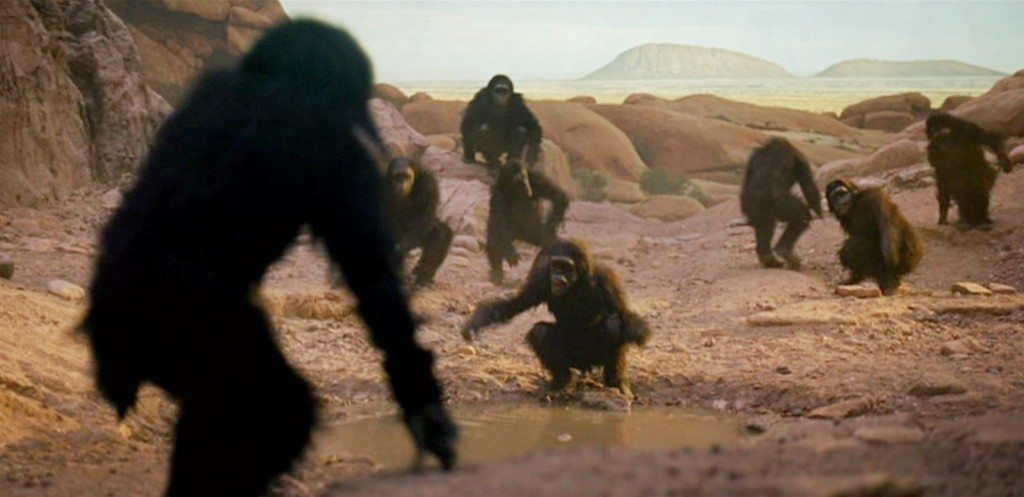How important is a critic’s word in determining the fate of a film? Very important, I’d say. And quite relevant too. Average moviegoers hardly ever care about a certain critic’s opinion on a film they’d like to see. But I happen to think that critics’ opinions on the film hold significant importance. A film deserves to be analysed, critiqued and dissected and oftentimes a critic’s opinion on a film might open you up to its flaws or make you revisit a film you disliked. And more often than not critics get things right. But that might not be the case every time and sometimes they could be horribly wrong about certain films. So let’s take a look at the list of movies where critics weren’t completely right about their opinions.
15. Bonnie and Clyde (1967)
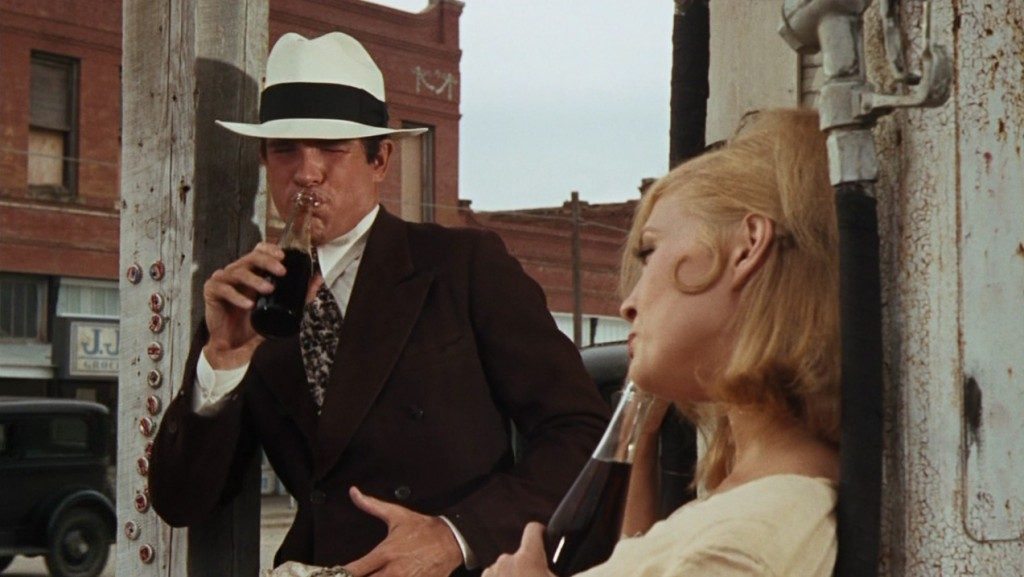
‘Bonnie and Clyde’ was controversial on its release as many criticised the film for glorifying highly despicable characters who were plain murderers. Violence was another aspect of the film that contributed to the general distaste for the film among critics at the time while some had issues with Arthur Penn’s direction and the overall silliness of its script. But repeat viewings of the film did wonders for many and the film received praise its energy and vigour with Roger Ebert calling it, “a milestone in the history of American movies, a work of truth and brilliance”. ‘Bonnie and Clyde’ is now widely admired and loved by audiences and is now considered one of the most important films ever made.
14. Office Space (1999)
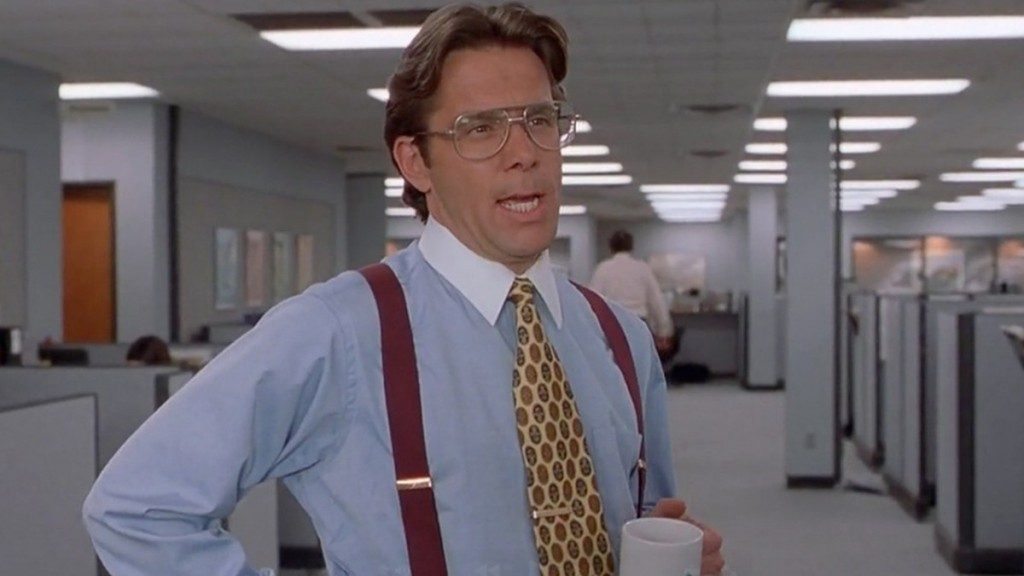
This little gem of a film did not receive the kind of critical praise it deserved at the time of its release. While a number of critics praised the film for its funny tone and capturing the work life in a way that resonates with every corporate guy. But the film had its fair share of detractors who criticised the film for its simplistic treatment of its characters and lacking the depth of a true satire. Nevertheless the film managed to attain a strong cult following among IT workers and is today regarded as one of the most memorable comedies ever made.
13. Harold and Maude (1971)
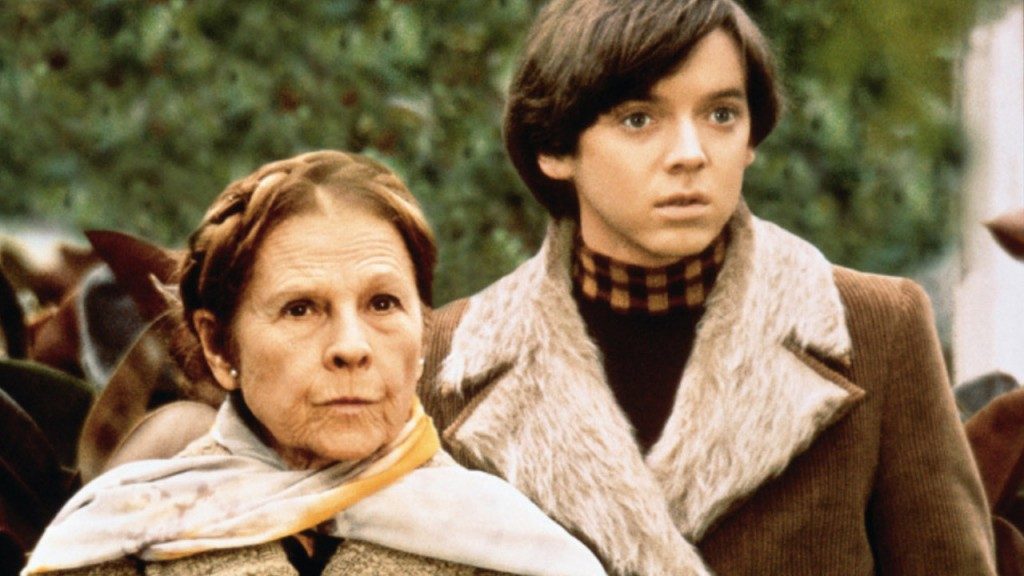
‘Harold and Maude’ was way too dark and unconventional for critics and audiences of its time. The film had this bizarre, awkward tone that understandably would have put audiences off at the time as the story and the treatment were both well and truly ahead of its time. Some critics were even offended by the film’s use of dark humour and many panned the film for its unusually bizarre treatment of the story. Over the years the film has grown greatly in stature and many critics have appreciated its darkly funny tone. ‘Harold and Maude’ has appeared on numerous lists, most notably at #86 on The Writers Guild of America’s list of the 101 Greatest Screenplays Ever Written.
12. Fear and Loathing in Las Vegas (1998)
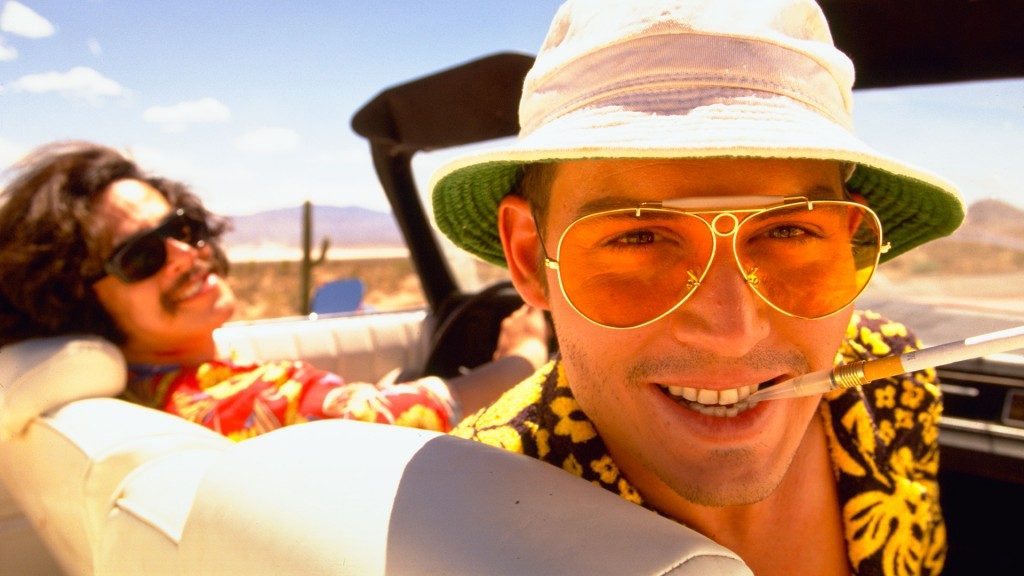
Terry Gilliam’s eccentric, cynical black comedy road flick about two men venturing out on a psychedelic exploration of the Las Vegas strongly polarised critics during its release with Roger Ebert calling it “a disgrace”. Some critics took issues with the film shifting away in tone from Hunter S. Thompson’s novel from which it was adapted. The film was also a huge box office disappointment managing to gross only $10.6 million, far below its actual budget of $18.5 million. However, since its release on The Criterion Collection Special Edition, the film has managed to garner significant cult following and is today considered to be one of the most significant American films ever made.
11. Fight Club (1999)
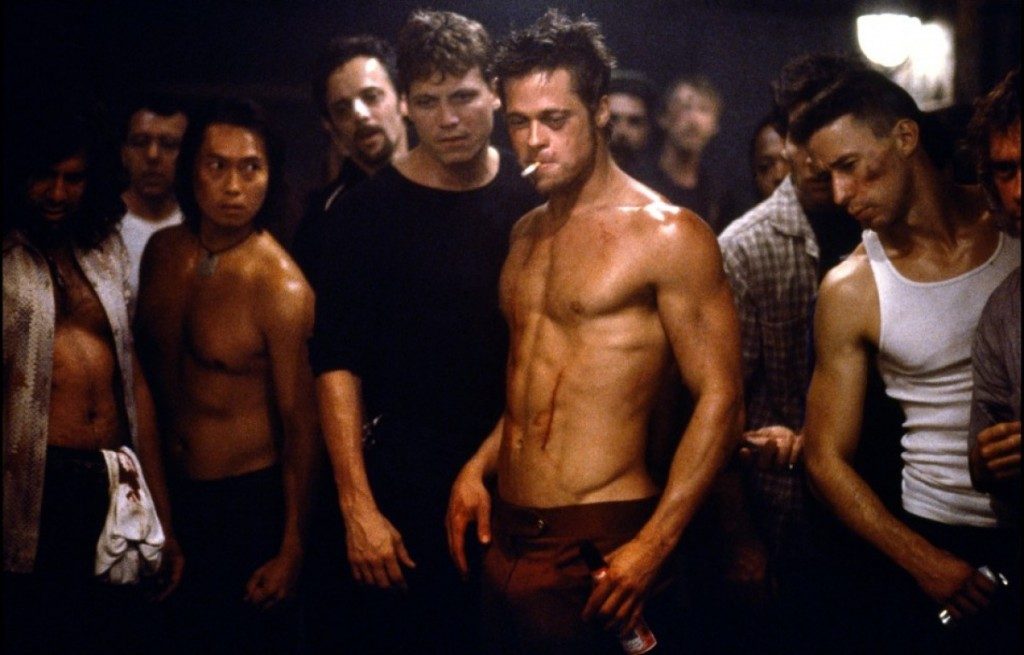
‘Fight Club’ was a film that was well and truly ahead of its time. Chuck Palahniuk’s controversial novel was translated on-screen by David Fincher, one of the most explosive young directors working in Hollywood at that time. Fincher’s films didn’t have a reputation for going well with audiences or critics as his previous films like ‘Se7en’ and ‘The Game’ weren’t particularly well received films. Like Palahniuk’s novel, the film faced significant amount of controversy due to its violent content and accused the film of endorsing nihilism and glorifying violence and brutality. Many failed to look beyond the surface of the film and dig in the various thematic aspects of the film. The film would later go on to develop a strong following among youngsters and is today regarded as one of the best American films of the 90s.
10. The Thing (1982)
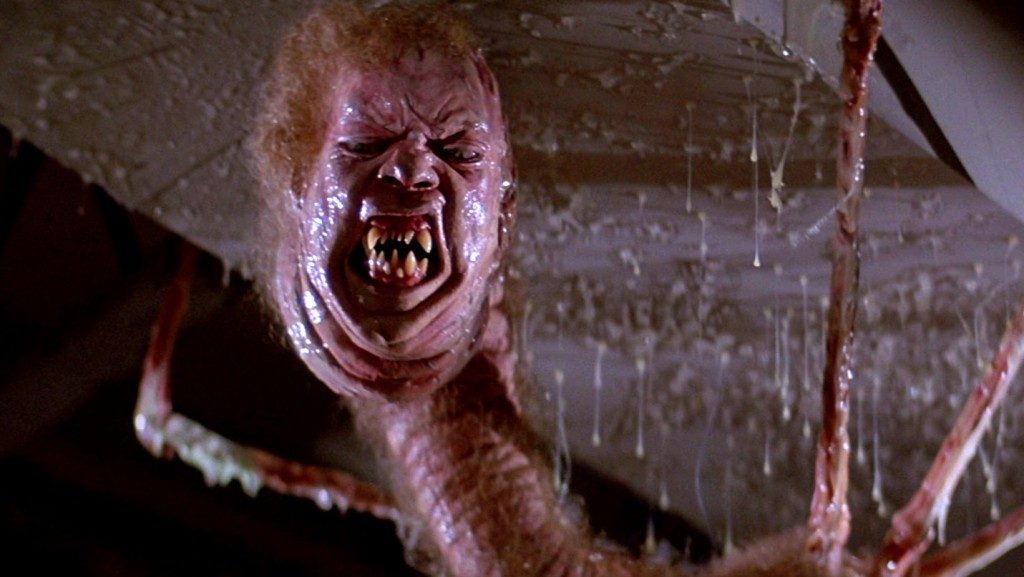
John Carpenter’s stone cold classic was universally panned by critics due to its in-your-face approach and bizarre plot-line. Vincent Canby of The New York Times called it “foolish” and “depressing”. Much of the problem here could be attributed to the massive success of Steven Spielberg’s ‘E.T’, another extraterrestrial flick which had a warm, childlike, optimistic tone. Critics thrashed the film’s brutal depiction of violence and gore and felt that the film provided nothing more than shock value. However, horror connoisseurs have analysed the film over the years and have praised the film’s visually bold approach. ‘The Thing’ is now rated by critics and fans as one of the greatest horror movies of all time.
9. Blade Runner (1982)
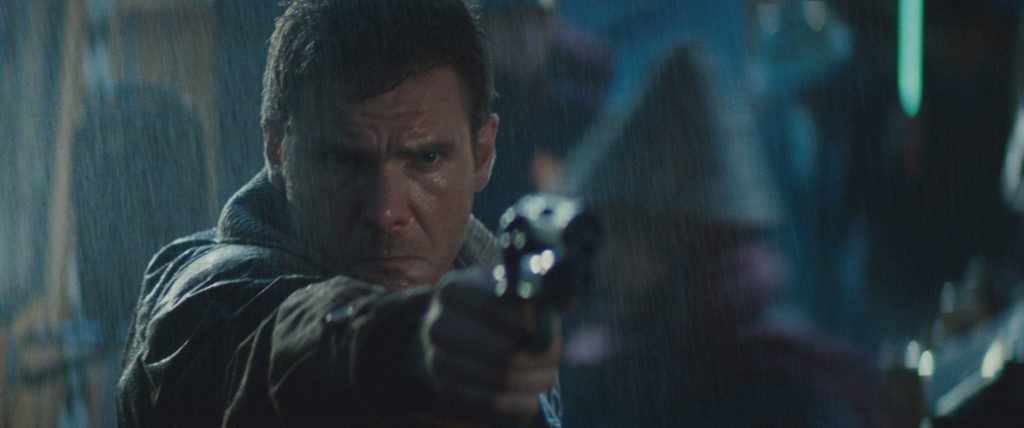
Ridley Scott’s path-breaking sci-fi masterpiece was initially met with mixed to negative reviews from critics. Many praised the film’s visual effects and technical aspects but weren’t impressed by the plot-writing. The film failed at the box office partly due to the competition it received from Steven Spielberg’s ‘E.T: The Extraterrestrial’, the other masterpiece of the year. This could also be attributed to the fact that several version of the film were released. The director’s cut, however, remains the most popular one and the film is today regarded as one of the greatest sci-fi films ever made.
8. It’s A Wonderful Life (1946)
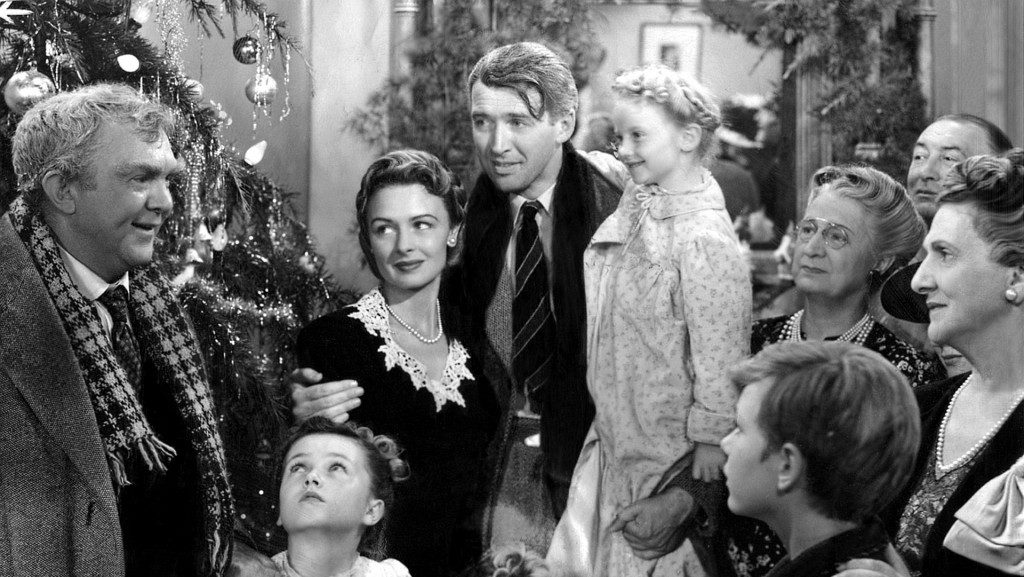
This Frank Capra classic was nearly trashed by almost every single critic as many found the story to be extremely sentimental and kitschy. Most critics bashed the character writing of the film and found the whole feel-good factor of the film quite naive. The film did not perform well at the box office and was considered to be a massive commercial failure. However, the film would later receive five Academy Award nominations and has gone on to become one of the most critically acclaimed films of all time. ‘It’s a Wonderful Life’ is now considered to be among the most beloved films of all time and a Christmas favourite.
7. The Tree of Life (2011)
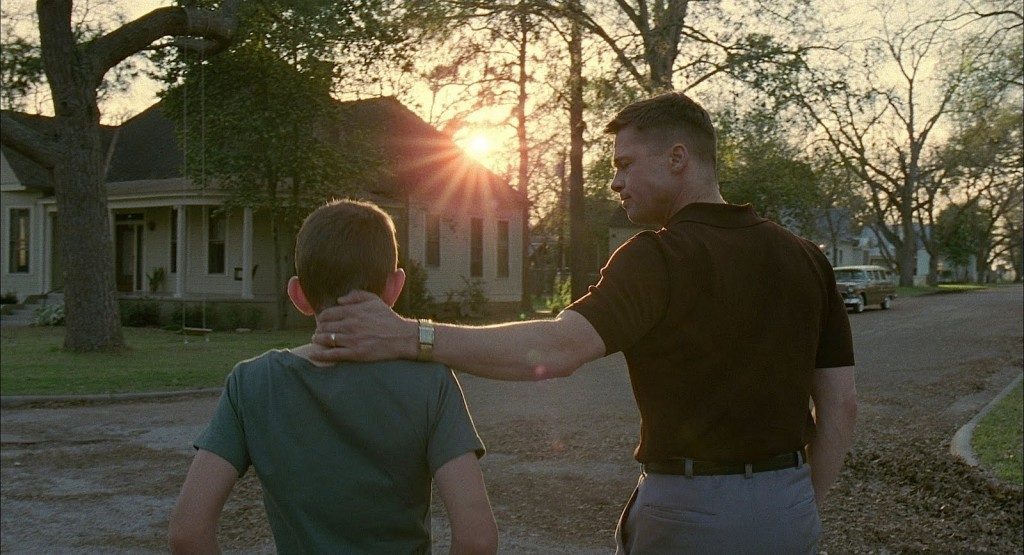
I’ve seen ‘The Tree of Life’ three times and every time I end up thinking that it’s inhuman to hate this film. And I use that word again because ‘The Tree of Life’ is still hated by a large number of movie buffs while many critics have redeemed themselves after it met with boos at its premiere at Cannes Film Festival in 2011. Terrence Malick abandoned a conventional narrative structure and used the visuality of cinema in a way that captures the emotions of its characters rather than exploring them or using them as a mere device to tell the story. This style didn’t fit well with many critics and some deemed it as pretentious and self-indulgent. Positive reviews began to overshadow the criticisms and the film has since grown in stature as it frequently appears in lists covering the best films of the 21st century and also appeared on Sight and Sound’s critics poll of the world’s best 250 films as well as BBC’s poll of the greatest American films ever made.
6. Vertigo (1958)
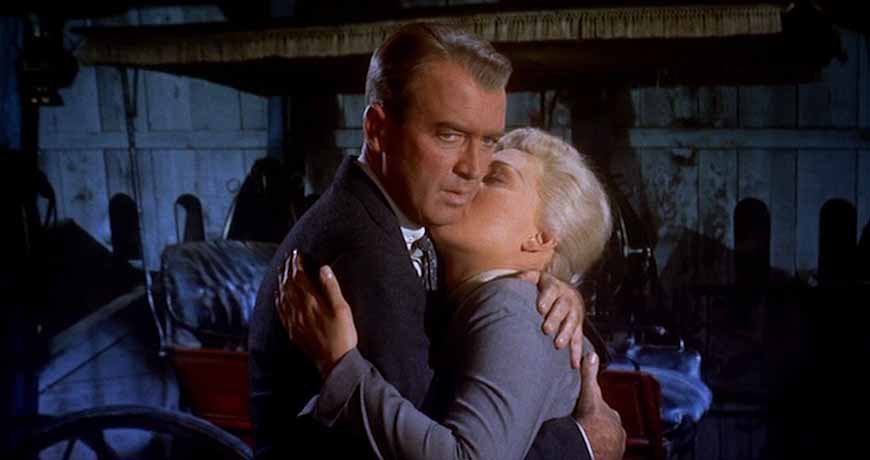
Oh, how could they be so wrong? ‘Vertigo’, widely regarded by many as Alfred Hitchcock’s masterpiece was initially met with cold response from critics. Many criticised the story build up and pacing of the film. Staunch Hitchcock fanatics too were put off by the director’s shift from the romantic thriller arena and it also marked a stylistically different approach to his earlier works. Greats from the film fraternity including Orson Welles strongly disliked the film and deemed it “worse” than ‘Rear Window’. However, ‘Vertigo’ was further re-evaluated by many critics in the 60s and it has since then gone to be regarded as one of the greatest films ever made. The film topped the Sight and Sound critics’ poll for the greatest films ever made, famously smoking out ‘Citizen Kane’ from the top spot.
5. Psycho (1960)
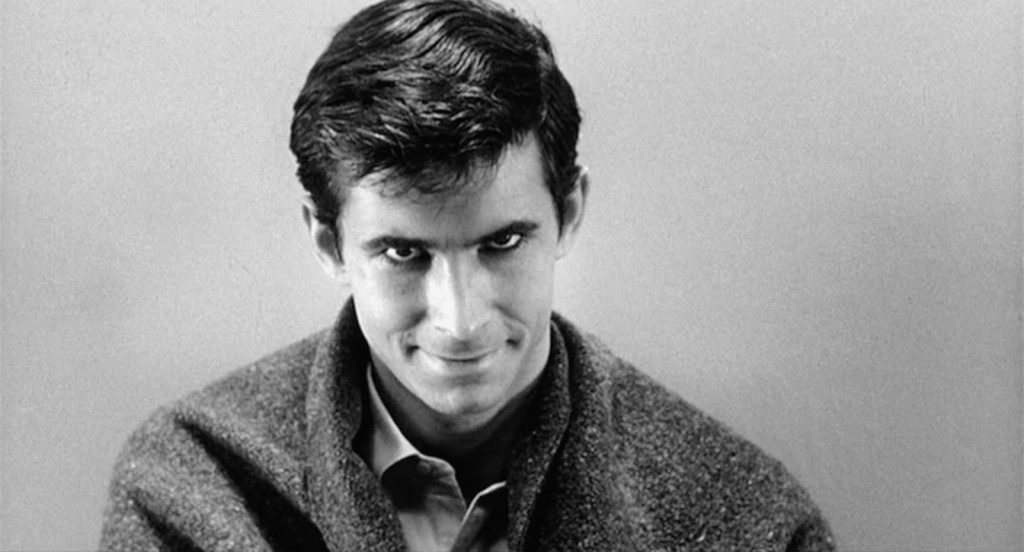
The film that defined the psychological thriller genre wasn’t the most well received film among critics. Many criticised the film;s plot-points and deemed it as “gimmicks” and intended purely for shock value and nothing more. Moreover the whole alternate personality thing was a bit difficult for some to stomach at the time. But nevertheless, audience reaction to the film was positive and over the years several critics have praised the film for its bold style and having paved the way for many cinematic genres. ‘Psycho’ is today regarded by critics, filmmakers and audiences as one of the greatest films ever made.
4. The Shining (1980)
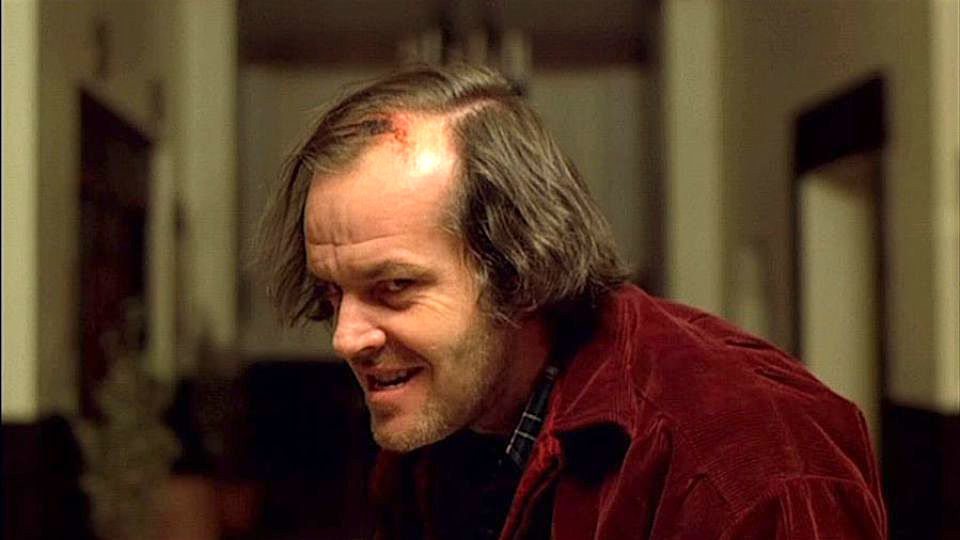
To quote the great Steven Spielberg, “Stanley Kubrick never made the same picture twice. Every single picture was a different genre..a different period..a different story..a different risk.” And we couldn’t agree more with him. Stanley Kubrick ventured out into every possible cinematic genres, revolutionising and setting trends that would go on to become mainstays in the years to come. ‘The Shining’ was Kubrick’s take on horror. And unsurprisingly, it didn’t go well with the critics. Adapted from the Stephen King novel of the same name, the film was widely criticised for its radical change in tone from that of the novel and was trashed by critics with some deeming it as “nonsensical” and “irrelevant”. Kubrick was even nominated for Razzie Awards for Worst Director. Well, the rest, they say, is history.
3. L’Avventura (1960)
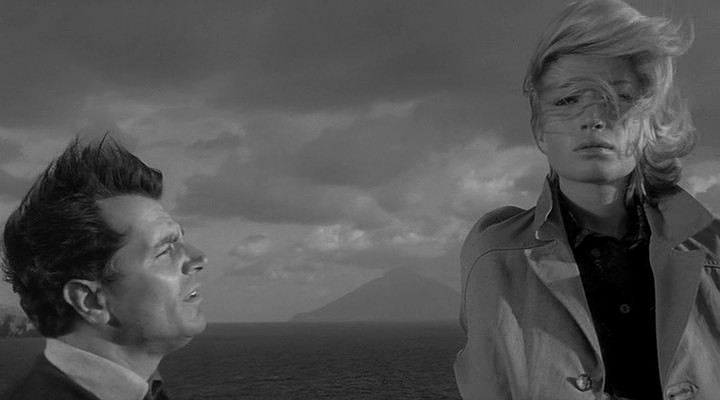
Michelangelo Antonioni’s classic was infamously booed by members of the audience during its premiere at the Cannes Film Festival. Audiences and some critics were massively put off by Antonioni’s meandering style where the story often derails as the narrative puts immense focus on character development and the mood that reflects its characters’ state of mind. But it did not take much time for critics to realise that ‘L’Avventura’ is a seminal work of art that changed filmmaking style and revolutionised storytelling in cinema. ‘L’Avventura’ is now widely regarded as one of the most significant films ever made and is credited to have changed the visual language of cinema.
2. Apocalypse Now (1979)
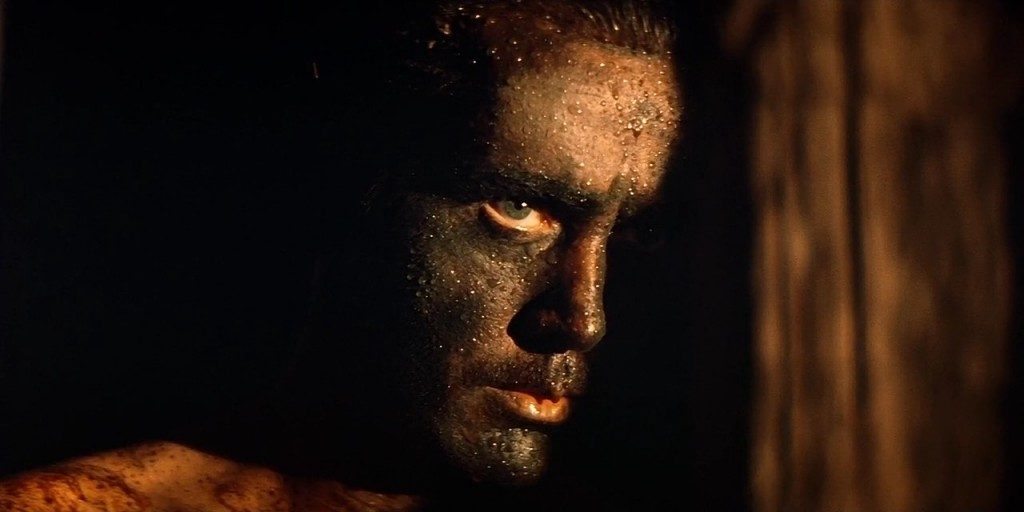
After having made 2 seminal works of cinematic art and an outstanding psychological thriller, Francis Ford Coppola set out to craft what could, in many ways, possibly be considered the final masterpiece of his career. ‘Apocalypse Now’ was infamous for the troubles it faced during its making with the great Marlon Brando arriving on the set, unprepared, overweight and having absolutely no idea of his part. Martin Sheen suffered a near heart attack and had a breakdown. The release was postponed several times and finally the film came out in 1979 to not-so-positive reviews from critics with many criticising the narrative for being emotionally bleak. However, many critics including Roger Ebert were highly in favour of the film and despite receiving lukewarm response from numerous critics, it has, over the years, gone to be rated as one of the greatest films in cinema history.
1. 2001: A Space Odyssey (1968)
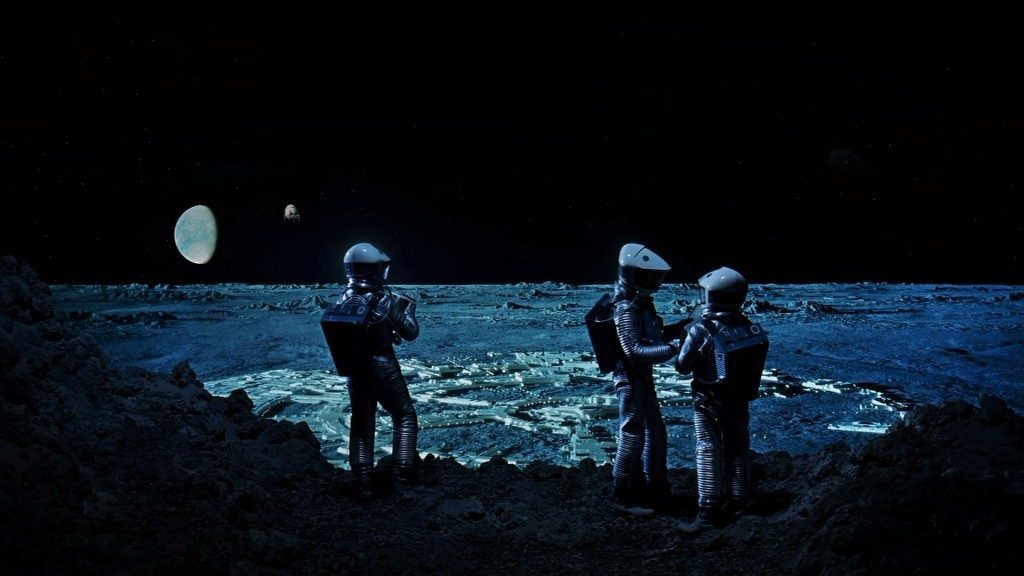
Funnily enough, this doesn’t feel surprising at all. In fact, it feels unreal when you think that the film was made in 1968. The film still looks very contemporary on many aspects. Stanley Kubrick’s unparalleled vision and insatiable quest for cinematic perfection produced a stunning work of art that was far beyond the comprehensibility of the human intellect. In fact, it’s a work that could still pose a challenge to any modern director working today. Such was the impeccability of its craft and vision. But at the time critics couldn’t stomach the film in its entirety and words like “dull, boring, “unimaginative” swung in. The only Academy Award it managed to win was for the Visual Effects category and it took many years for critics and viewers to sink in the philosophical aspects of the film. It was groundbreaking, innovative, pioneering, trendsetting unlike any other film before.

